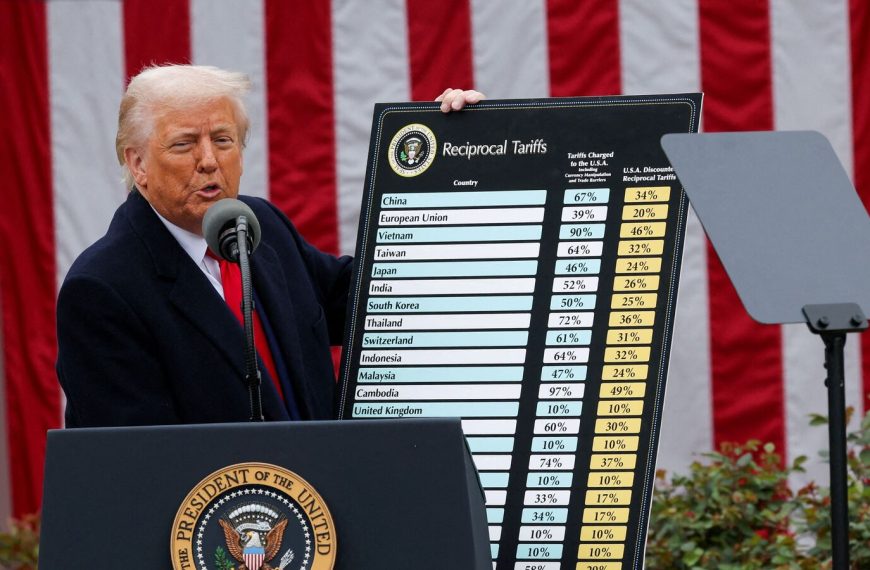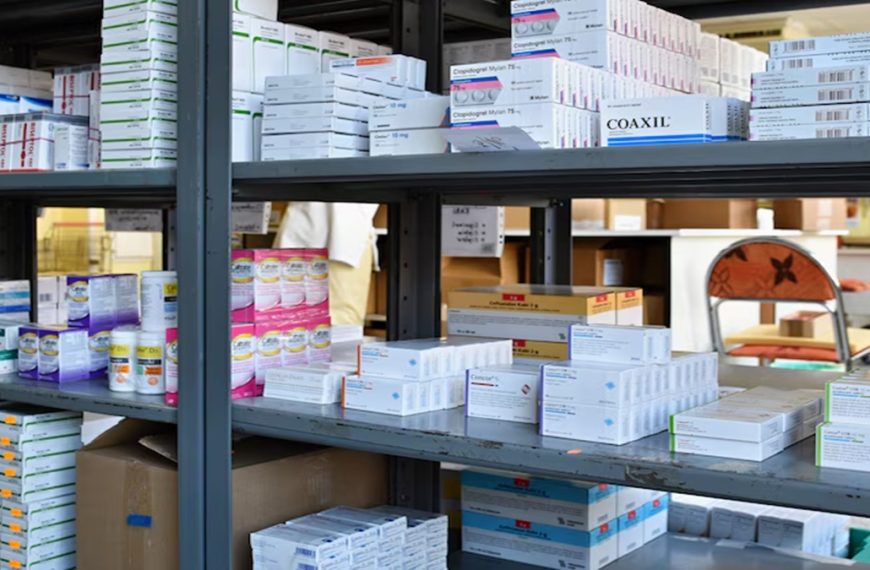In February, the growth of demat accounts experienced a notable downturn, hitting a 21-month low with only 2.26 million newly opened accounts. Despite this dip, the overall count of demat accounts has surpassed the significant milestone of 190 million, as reported by CDSL and NSDL. The stock market’s ongoing correction phase, which began in late September, has significantly impacted the trend of new account openings, plummeting from 4.55 million in July 2024 to this recent figure.
Decline in New Demat Account Openings
CDSL reported an addition of 1.92 million new demat accounts, bringing its total to 151.24 million. Meanwhile, NSDL added 340,000 accounts, reaching a total of 39.16 million by February. Noteworthy is the fact that CDSL achieved the remarkable feat of crossing 150 million accounts on February 12, 2025.
Market Correction Impact
The benchmark indices, including the Sensex and Nifty, have seen a decline of up to 14% from their peaks in late September, while broader indices like the BSE Midcap and BSE Smallcap have experienced a staggering 23% drop during the same timeframe.
- Key Reasons for Market Decline:
- Correction phase affecting investor sentiment
- Decrease in demat account openings
- Stricter regulations by SEBI impacting derivatives trading
Experts attribute the slowdown in demat account openings not only to market corrections but also to a significant drop in activity within the derivatives market. This decline has been largely influenced by newly implemented regulations by the Securities and Exchange Board of India (SEBI) aimed at controlling excessive trading in futures and options (F&O).
Derivatives Market Turnover Decline
The average daily turnover in the derivatives segment, which includes both BSE and NSE, has plummeted by 46%. It fell from an impressive Rs 537.26 lakh crore in September 2024 to Rs 287.59 lakh crore by February 2025. This stark decline reflects the current challenges faced by investors and the overall market sentiment.
As market dynamics continue to evolve, stakeholders should remain vigilant and adapt strategies accordingly.











